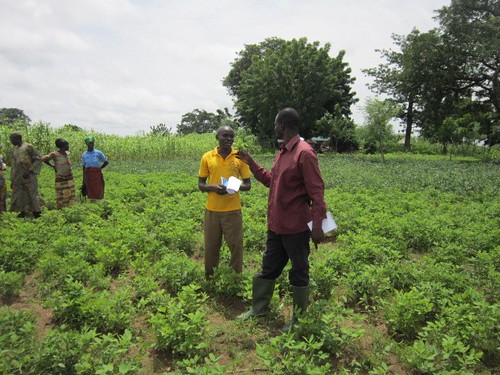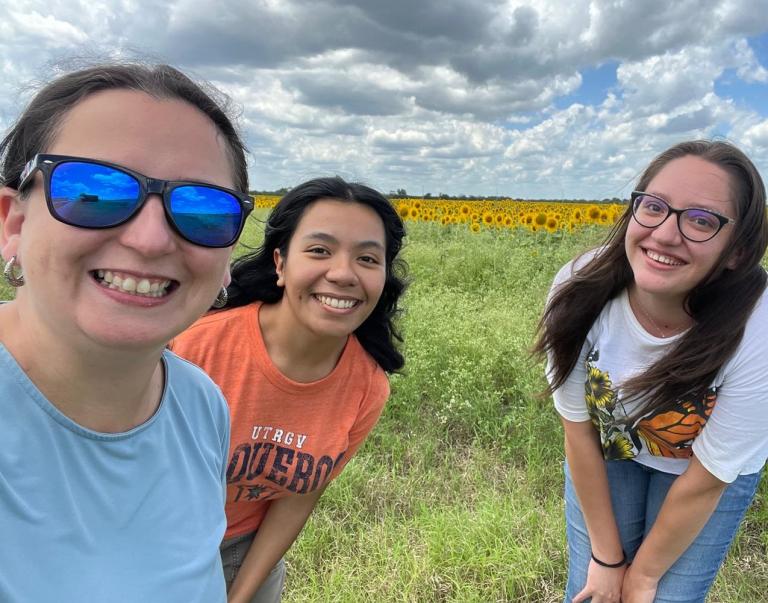
Issah Sugri of Ghana is helping his nation feed itself and improve its farmers’ efficiency thanks to a U.S. Department of Agriculture (USDA) program. The Norman E. Borlaug International Agricultural Science and Technology Fellowship Program, funded by USDA’s Foreign Agricultural Service (FAS), is a six to 12 week training program that pairs up-and-coming researchers from selected countries with mentors from a U.S. land-grant institution or government agency. Sugri, one of 36 FAS Borlaug Fellows in 2012, was assigned to the University of Florida with the specific goal of reducing post-harvest losses of tomatoes by better understanding climate-relevant, low-tech methods of extending shelf life of fresh fruits and vegetables.
When he returned to Ghana, Sugri put his fellowship training to immediate use. Collaborating with fellow researchers at the Council for Scientific and Industrial Research – Savannah Agricultural Research Institute (CSIR-SARI), based in Bawku, Ghana, he published fact sheets for local farmers describing optimal harvest and storage conditions. Sugri even included his mobile phone number so he could accept field questions and provide clarification. He also worked with extension agents to train producers on post-harvest loss avoidance techniques and their economic benefits. At Sugri’s urging, SARI hired a dedicated food scientist to focus additional research on the topic.
Sugri went on to produce peer-reviewed journal articles as part of a partnership between SARI and North Carolina State Agricultural and Technical State University (N.C. A&T) in Greensboro, N.C. The partnership ran training sequences in 15 small communities throughout the Upper East Region of Ghana to show farmers how proper grain storage can reduce losses.
SARI and N.C. A&T continue their collaboration today, working with women farmers in Ghana to reduce aflatoxin levels in peanuts thereby increasing the safety and value of the crop.
“We focus our extension messages on low-cost technologies that enhance produce quality and shelf-life,” Sugri said. “I think farmers must be encouraged to invest in low-cost technologies that work.”
Sugri is currently a member of the Upper East Region Farming Systems Research Group of the CSIR-SARI, based at Manga near Bawku, Ghana. The group analyzes the region’s farming systems to improve local farmers’ livelihoods in the region.
According to the Food and Agriculture Organization of the United Nations, nearly one third of the food produced globally is lost or wasted, representing a loss of 1.3 billion tons of food per year. The World Bank estimates the postharvest grain loss in sub-Sahara Africa at $4 billion.
In partnership with Feed the Future, the U.S. government's global hunger and food security initiative, the Borlaug Program supports efforts addressing the root causes of hunger and poverty and forges long-term solutions to chronic food insecurity and malnutrition.
Since the Borlaug Program’s inception in 2004, approximately 700 fellows from 64 countries have participated in research and training focused on a wide array of agriculture-related topics, including agronomy, veterinary science, nutrition, food safety, sanitary and phytosanitary issues, natural resource management, agricultural biotechnology, global climate change, agricultural economics and agricultural policy.



